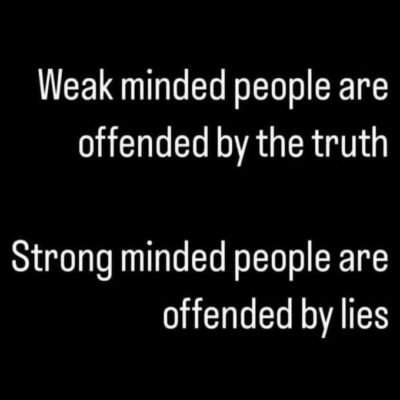When children are trapped in abusive homes, they’re not just harmed by the acts themselves. They’re trained through language. Words become cages. The
 When children are trapped in abusive homes, they’re not just harmed by the acts themselves. They’re trained through language. Words become cages. The same phrases that should nurture them are twisted into commands of silence, compliance, and confusion.
When children are trapped in abusive homes, they’re not just harmed by the acts themselves. They’re trained through language. Words become cages. The same phrases that should nurture them are twisted into commands of silence, compliance, and confusion.
Here are some of the words abused children hear — and the ways society still echoes them to silence the powerless.
The Home Version:
- “He’s your father.”
→ Translation: His authority matters more than your safety.
It teaches children that blood, title, or male power outweighs harm. - “This stays in the house.”
→ Translation: Our reputation is worth more than your pain.
It tells them to protect the abuser’s image, not their own soul. - “Don’t make a scene.”
→ Translation: Your truth is embarrassing.
The child learns that calmness and control serve others better than honesty. - “You’re too sensitive.”
→ Translation: Your feelings are a problem, not a signal.
The beginning of self-doubt. The seed of silence. - “He didn’t mean it.”
→ Translation: Intent erases impact.
The child is told to comfort the abuser instead of being comforted. - “We handle our own problems.”
→ Translation: No one is coming.
It isolates them. Teaches that privacy is survival — even when it’s killing them.
The Societal Version:
- “He’s a good man.”
→ Said about coaches, pastors, politicians, podcasters, and celebrities.
It echoes “He’s your father.” — as if goodness in public cancels cruelty in private. - “Don’t ruin his life over one mistake.”
→ Society’s remix of “He didn’t mean it.”
The victim is told their outward expression of pain is a punishment too harsh for the man who caused it. - “Let’s not divide the community.”
→ The grown-up version of “This stays in the house.”
Harm gets hidden to keep peace, and truth-tellers get labeled as troublemakers. - “You’re overreacting.”
→ A social echo of “You’re too sensitive.”
Used to gaslight women, Survivors, and children who dare to name danger. - “We don’t need to talk about the past.”
→ A nation-sized version of “We handle our own problems.”
This is how generational abuse stays untouched — buried under flags, faith, ideology, and family pride.
The Lesson Beneath It All:
From the home to the headlines, the message is the same: Protect the powerful. Quiet the harmed.
This is how society keeps replaying the same childhood dynamic — only now, the “house” is the institution, and the “father” is whatever system holds power.
And yet, every time someone breaks that rule and speaks — a Survivor, a whistleblower, a witness — the cycle cracks a little more.
Because liberation begins with the same forbidden act that once cost us safety: telling.